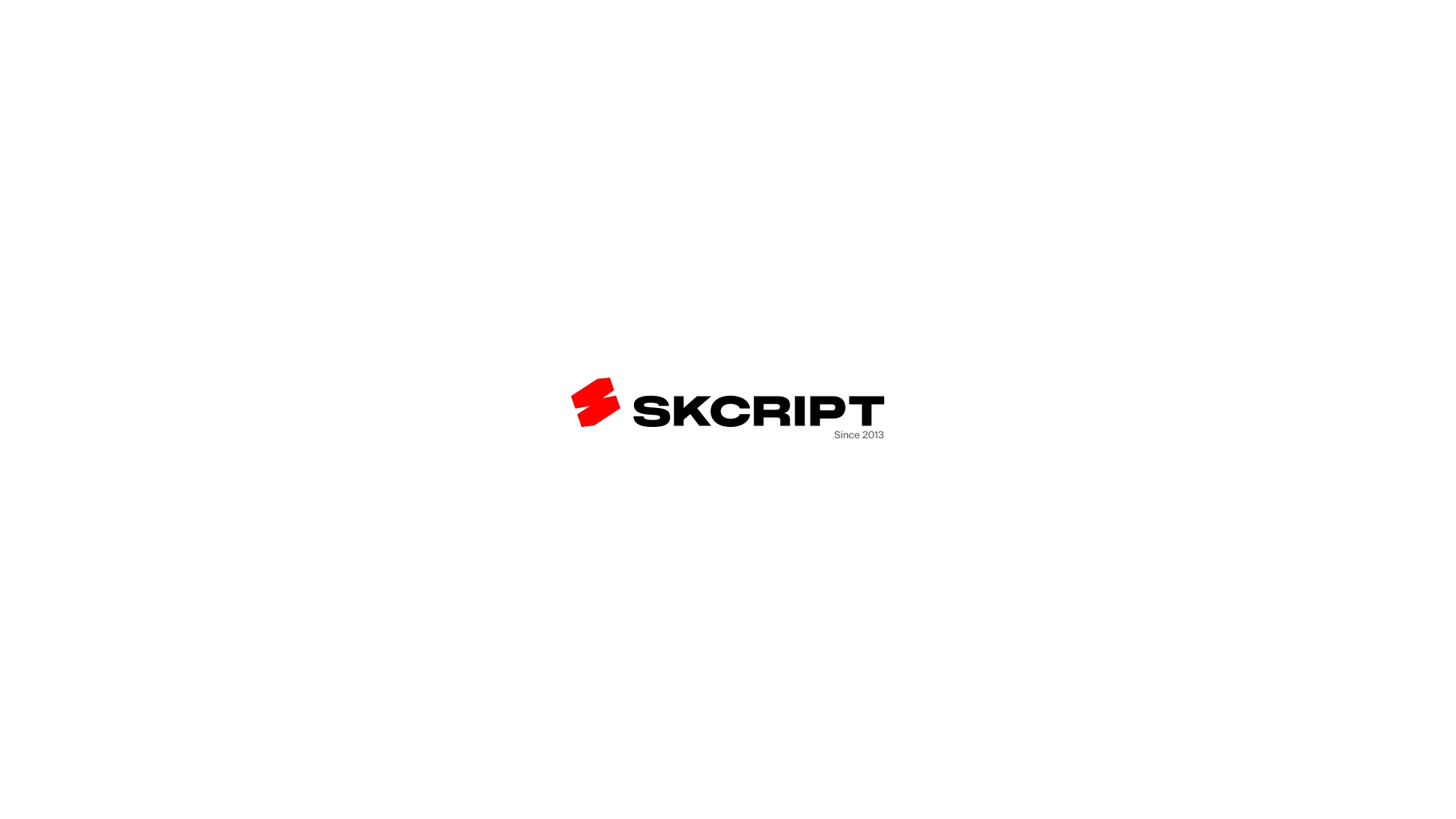Boeing, one of the largest aviation companies in the world has been investing heavily in blockchain technology since 2017. Today, the company has started to look for new engineers who can work on blockchain at their Bangalore office, and this means something for the aviation industry.
This huge investment in blockchain from Boeing has validated a ton of use-cases for the aviation industry, and the potential the technology has for the industry as well. Boeing filed a patent back in December 2017 with the U.S. Patent and Trademark Office for “On-board backup and anti-spoofing GPS system for navigating a vehicle through an environment with a GPS receiver”.
Preventing GPS spoofing with the help of blockchain is a brilliant use-case for the aviation industry and we’re sure that many companies in aviation would benefit from technology like blockchain to prevent spoofing and verifying the authenticity of the data that goes in.
What this means for the aviation industry?
Blockchain is not just another technology that can be built and deployed in a matter of days. This is a technology that demands a shift in the basics of a business or industry.
Aviation is one of the biggest industries where trust and authenticity of the data that are being exchanged are crucial. The industry does not take things for granted. Blockchain, on the other hand, is a technology that encourages and enables trust in the system with things like Smart Contracts and Consensus algorithms.
Boeing’s investment in blockchain is a huge green signal for companies dealing with aviation technologies. One of the biggest use-cases could be to track and maintain the ownership of assets that are being supplied for aircraft maintenance using blockchain.
Sidenote: Blockchain use-cases for the aviation industry in 2018.
Blockchain could play a huge part in aviation maintenance, repair, and overhaul (MRO). Blockchain for aviation is not just about talking about things to get materialized. You can just see it happen in the next few years.
Back in November 2017, General Electronics (GE) filed a series of patent with the United States Patent and Trademark Office (USPTO), to track aircraft maintenance parts, parts acquisition, flight records, and many other information that a flight could carry.
Blockchain for aviation use-cases
The possibilities that blockchain brings are just endless. Here are some industry use-cases of blockchain for aviation industry:
- Track maintenance parts for aircraft using blockchain
- Data authenticity for flight data using blockchain
- Smart Contracts to protect data spoofing using blockchain
- Original Equipment Manufacturing (OEM)
- Ticketing and loyalty program using blockchain
- ID verification and tracking employee check-ins using blockchain
In the next few years, blockchain technology for aviation is set to hit a record $7.7 billion. Technologies like these are definitely enabling this transition to happen.
Subscribe to our newsletter
Get the latest updates from our team delivered directly to your inbox.
Related Posts
5 advantages of using Hyperledger Fabric for your Enterprise Blockchain
"Why should I use Hyperledger Fabric for my Enterprise Blockchain?", "What is the preferred way of implementing Hyperledger Fabric?". Everything answered.
Six ways the blockchain can be an advantage for Supply Chain
The blockchain for supply chain is going to be the standard in the industry in the next five years. We've already seen the adoption of the blockchain technology with our supply chain customer, and this article focuses on the advantages that the blockchain has on the supply chain industry.
6 Blockchain frameworks to build Enterprise Blockchain & how to choose them?
Let us help you list some of the open frameworks for blockchain (both public and private blockchain frameworks), that can help you develop your Enterprise Blockchain solution faster and better. Learn more.

